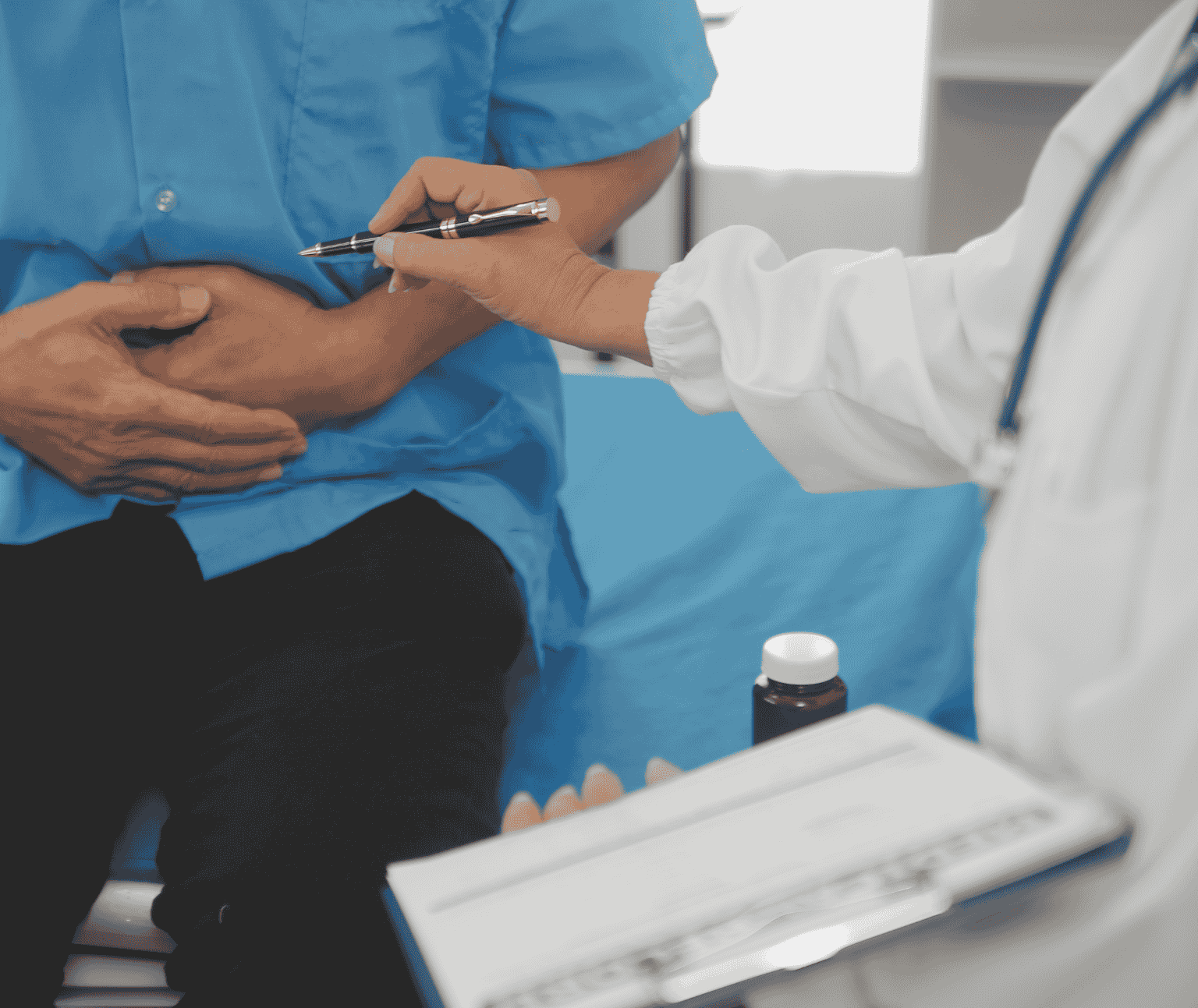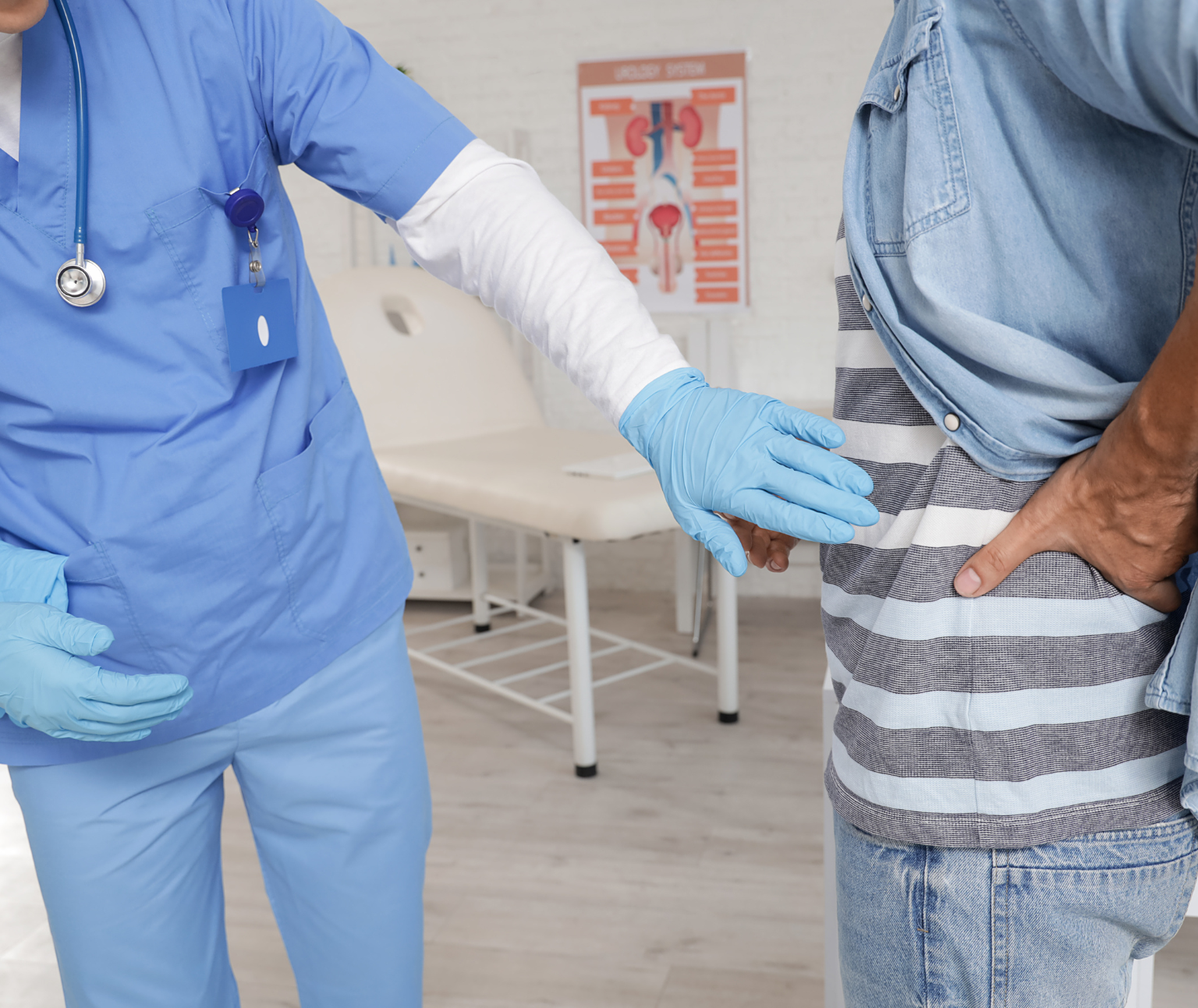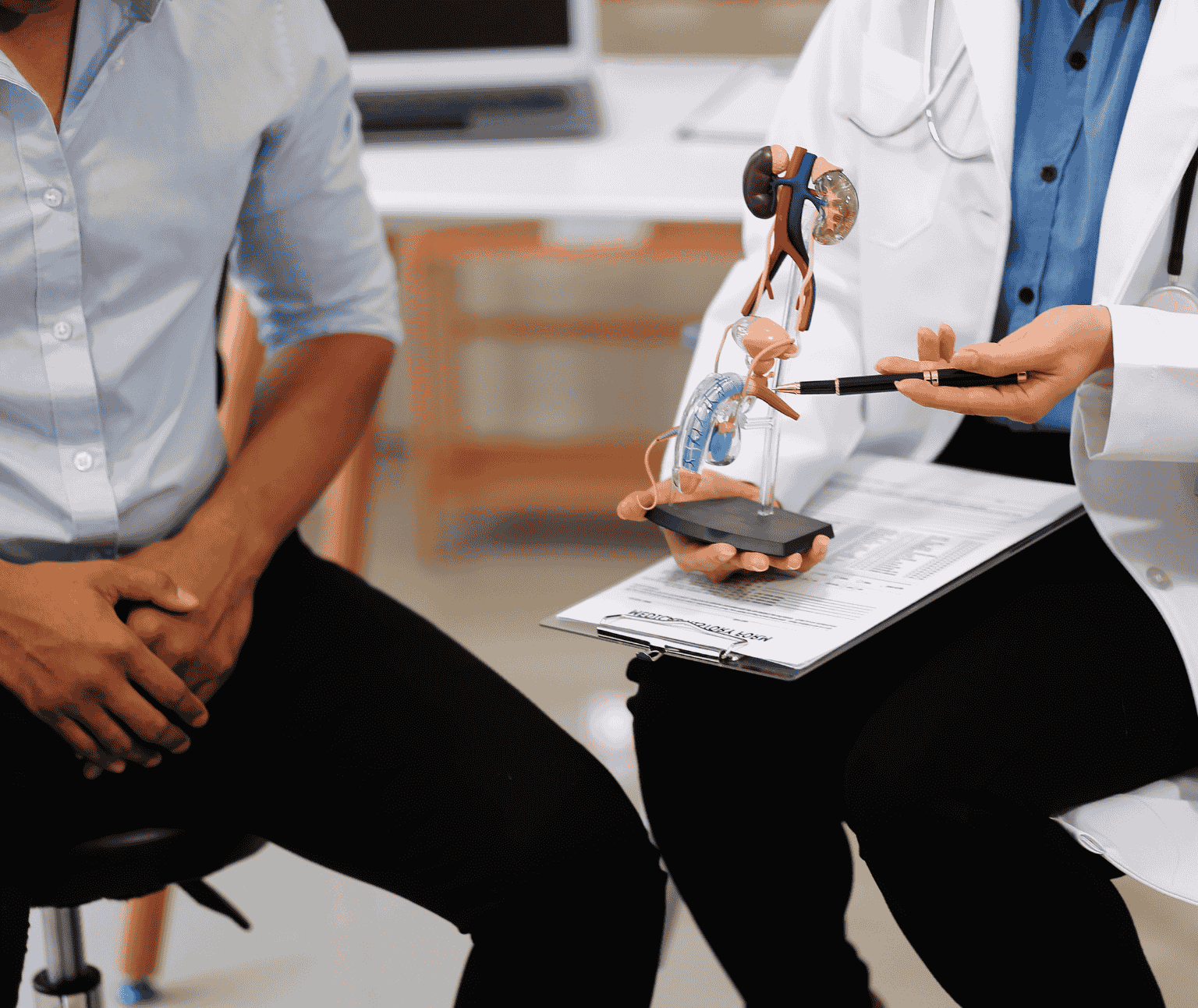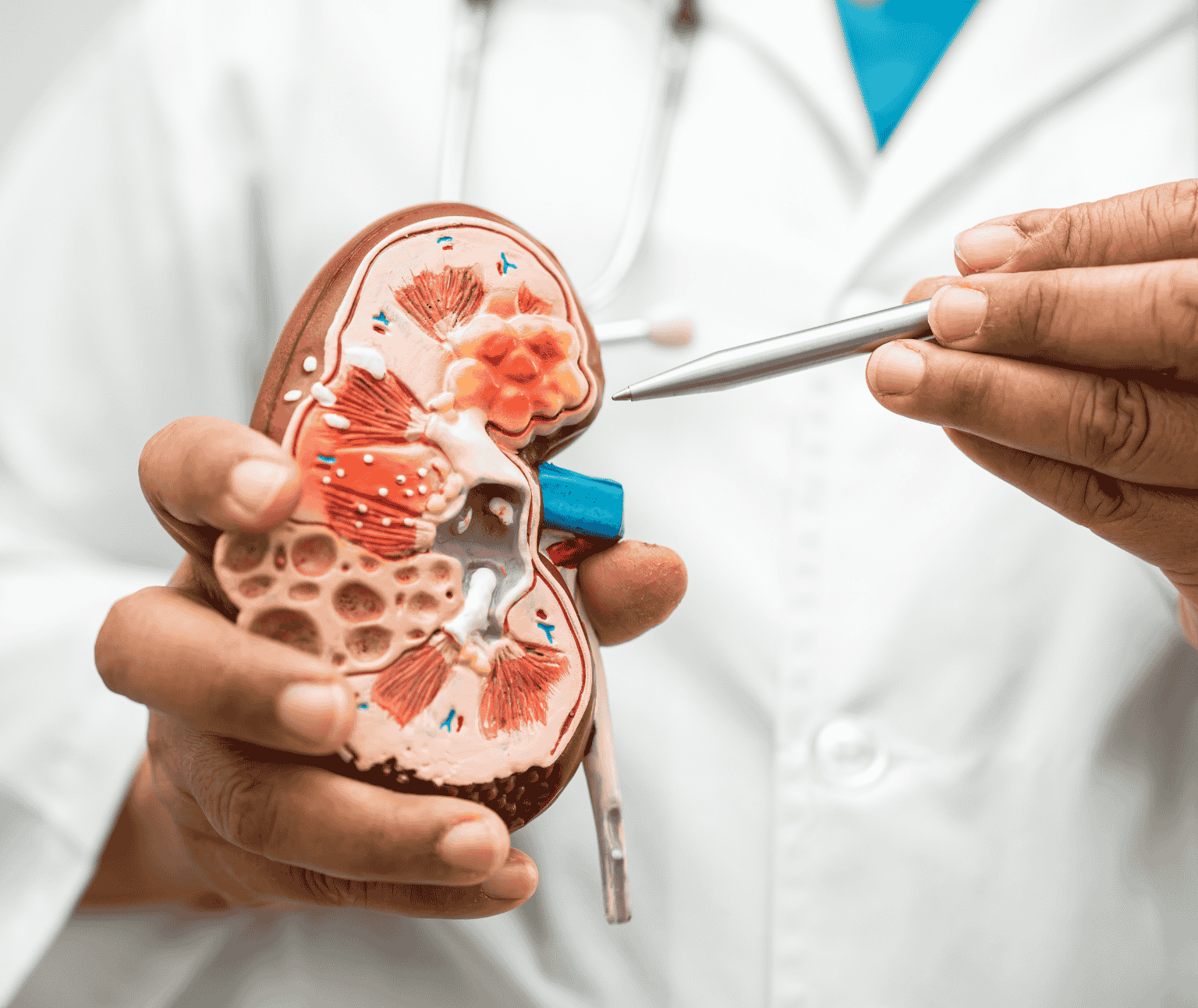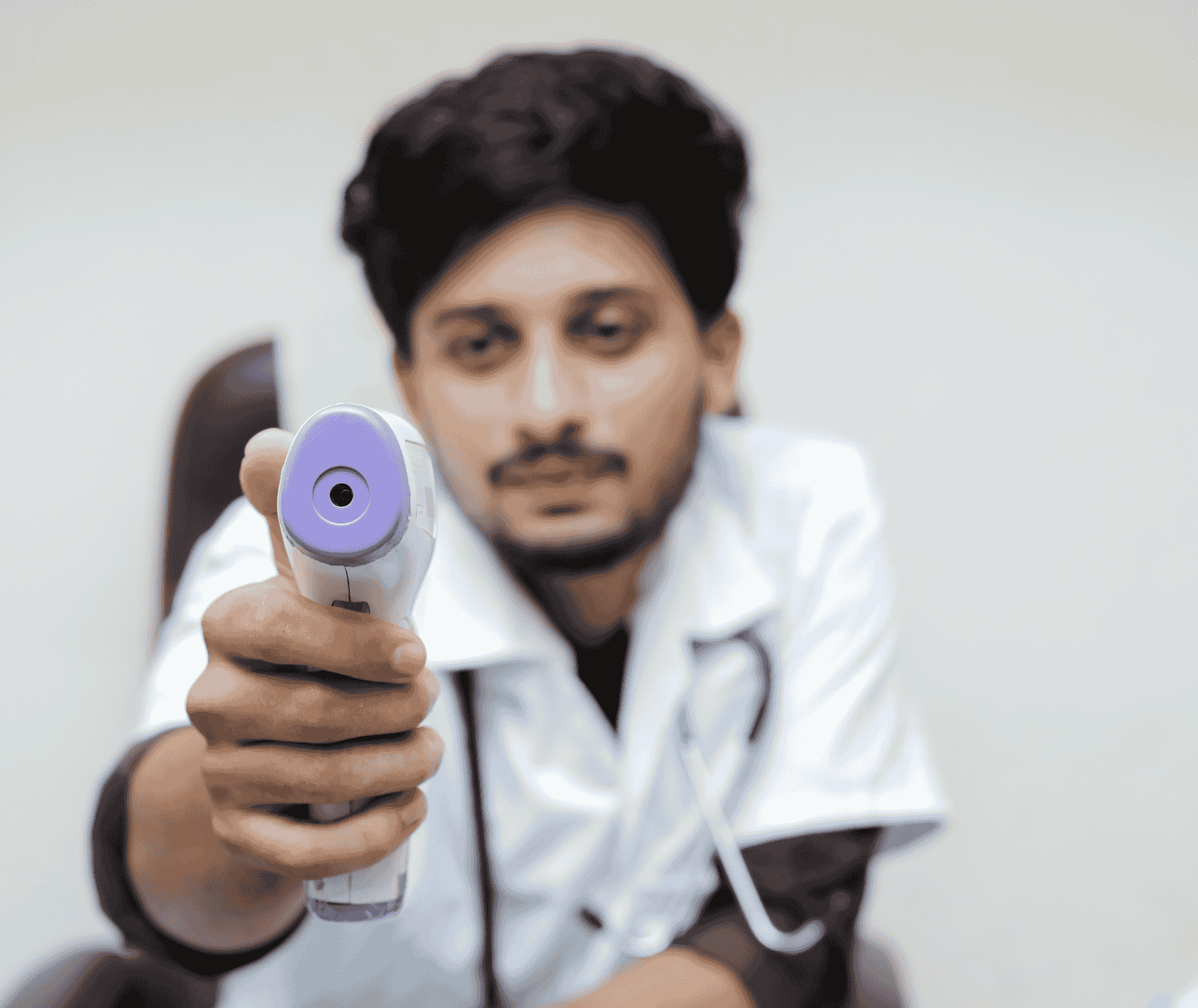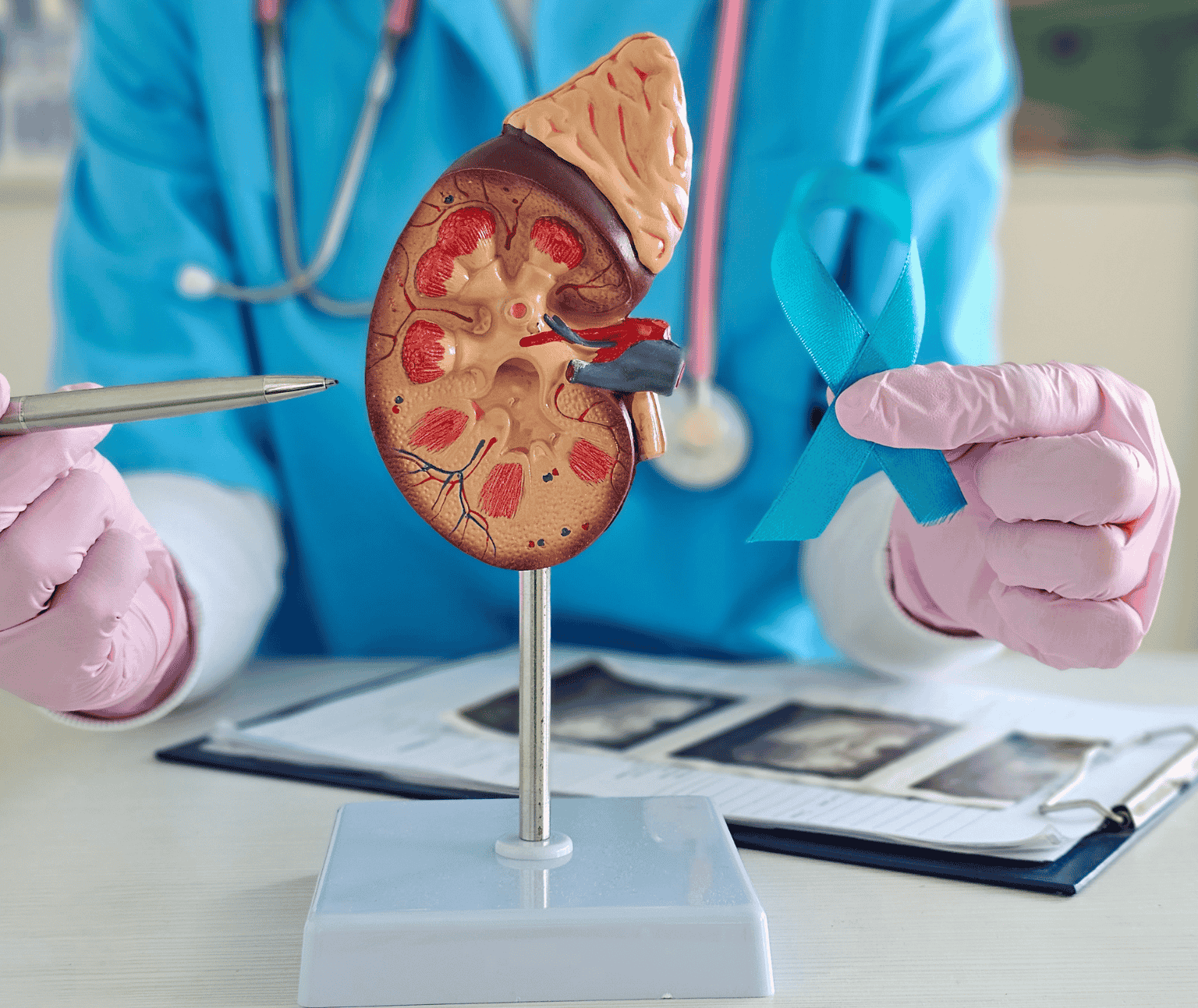Wait! Does your back hurt? Do you also feel sudden waves of agonising pain? If yes, then you need to be sure whether it’s just normal back pain or something more serious like kidney pain. Your symptoms and severity of pain can help us determine the cause of your pain. Quite often, kidney pain is confused with general backache due to the position of the kidneys in our body. Let’s dig deeper and clear up your confusion.
Kidney pain
The kidneys are located in the area called “flank,” which is basically the area between the bottom of the ribcage and hips. It is located on either side of the spine. Kidney pain is felt, or the pain is located either on one side of the spine or on both sides. It can also occur in your lower back and abdomen. The type of kidney pain an individual might suffer from depends on the condition he has. Kidney stones, cancer, tumours, polycystic kidney disease, kidney injury, dehydration, etc. are some of those conditions. Following are a few
types of kidney pain:
- In cases of kidney stones, a more sharp pain is faced.
- Similarly, if a person has an infection, the pain felt will be dull and constant.
- Conditions such as polycystic kidney disease may cause periods of severe, unbearable pain.
- These issues often lead to grave consequences, such as kidney failure.
Other accompanying symptoms include:
- Fever
- Blood in urine
- Pain during urination
- Body aches and chills
- Vomiting
- Feeling the urgent need to urinate more frequently
- Recent bladder infection
Back pain
Back pain is very common and is mostly located in the lower back area of the body. It can also radiate to other parts of the body. It can occur due to various reasons, such as:
- Fractures, arthritis, ligament tears, muscle tension, and so on,
- Poor body posture
- In women, it may occur during menstruation.
- Irregularly shaped spine
- Sciatica
- Herniated disc
In comparison with kidney pain, it is more like stabbing pain and may shoot down to one leg. Broadly speaking, back pain may occur due to problems in bones, muscles, and nerves.
Other accompanying symptoms include:
- weakness in one or both legs
- sharp and stabbing pain in the neck
- walking difficulties
- difficulty in emptying the bladder
- muscle spasms and strains
Kidney pain vs. back pain
Kidney pain:
- It is felt deeper in the body, on the upper back.
- It can also radiate to lower abdomen and groin.
- The pain won’t go away if you rest.
- Face other symptoms such as dark urine, swollen ankles, and so on.
- The pain experienced is dull.
Back pain:
- Stabbing pain is felt.
- Usually, it occurs in the lower back.
- The pain may ease when you rest or lie down.
- Pain may worsen while doing certain activities, such as lifting something or simply bending down.
- The pain may radiate to lower or upper limbs of the body.
When should you consult a doctor?
If you are facing severe pain that is hindering your day-to-day activities along with the above-mentioned symptoms, then it is advisable to visit a doctor for consultation immediately. The doctor might conduct the following tests to determine the status of your kidney health and the cause of your pain:
- Urine test
- An ultrasound or a CT scan
- Blood test
The point is that there are short-term remedies that may provide you relief for the time being, but in the long run, they would have severe repercussions on your body and health.
Note from Blue Bliss
Being
the best kidney hospital in Bangalore and home to some of the top nephrologists in the city, we have made it our mission to spread awareness among the masses concerning kidney health and how people should not ignore even the minute symptoms. Even if you are perfectly healthy, you should take preventive measures and stay healthy.
Quick tip
: Keep yourself hydrated, never hold your pee for too long, have a balanced diet, and stay active.

